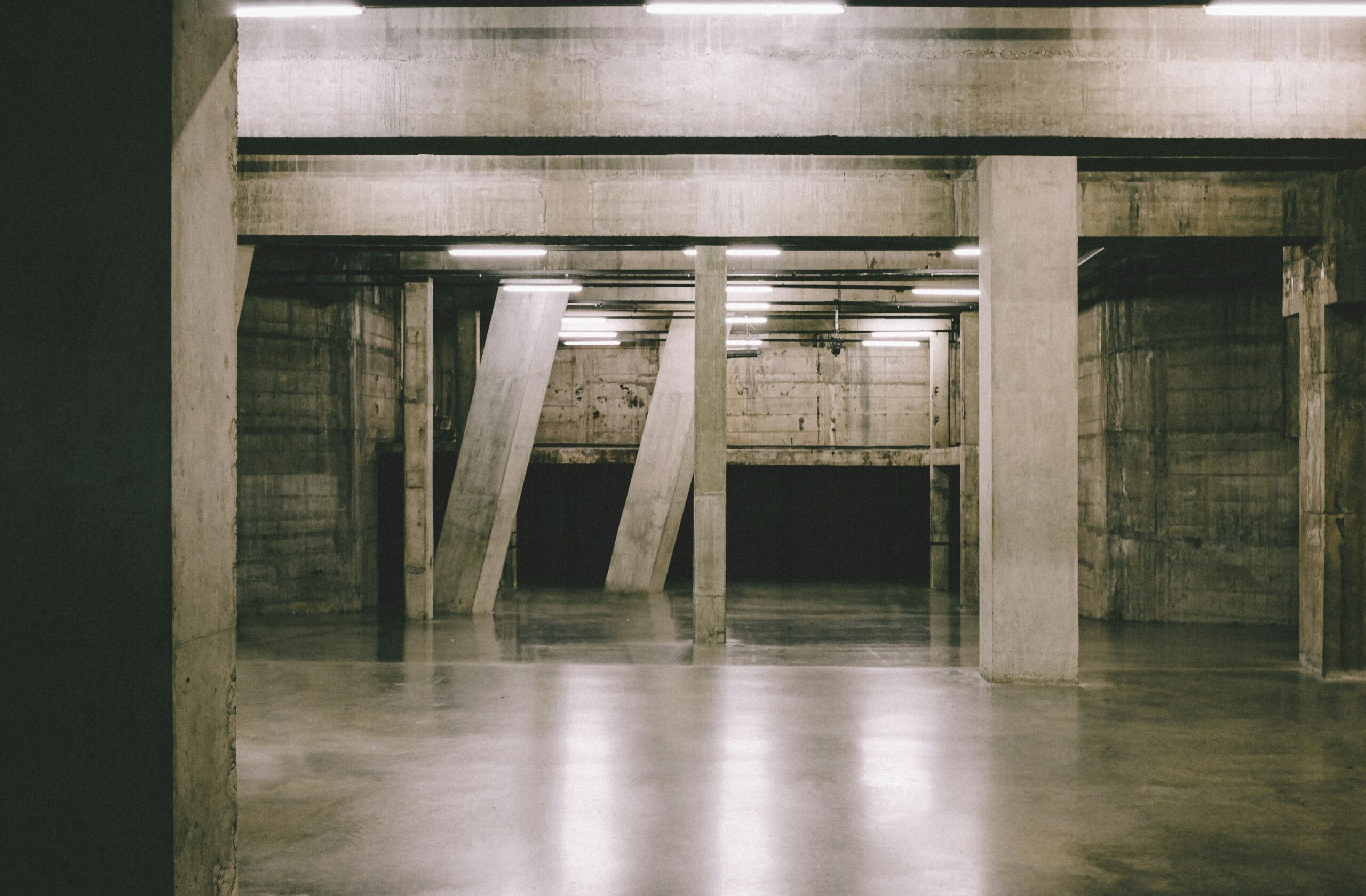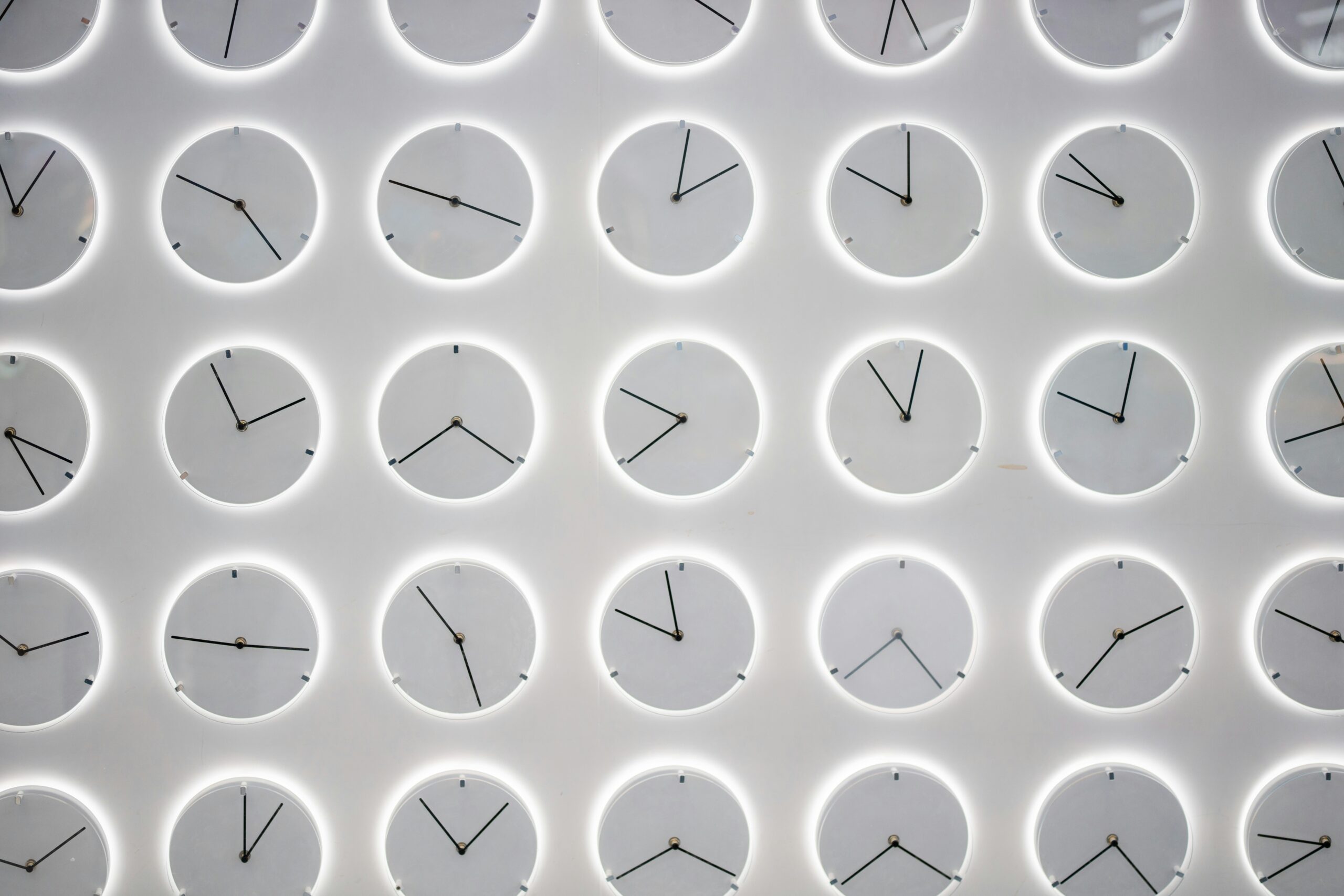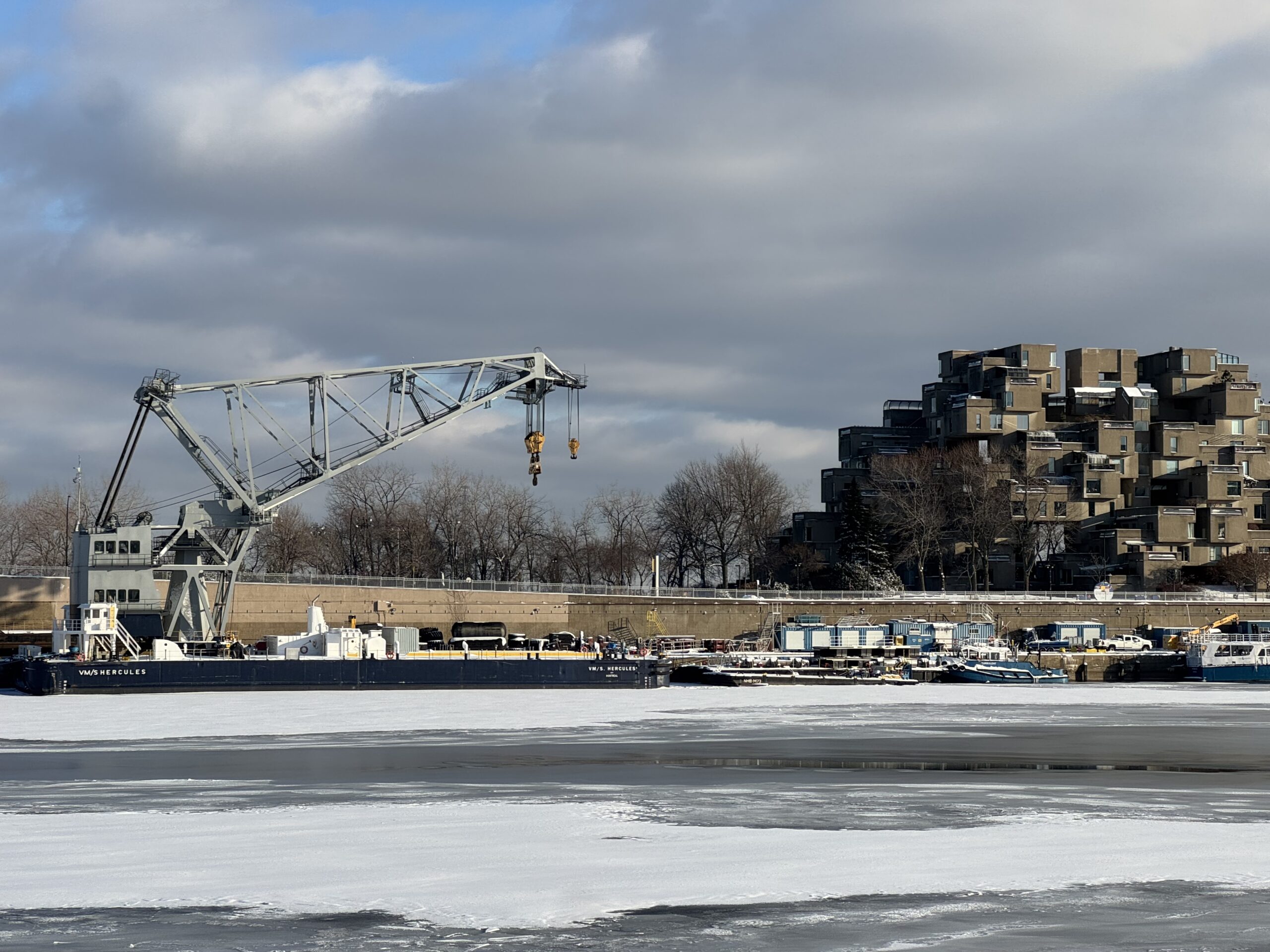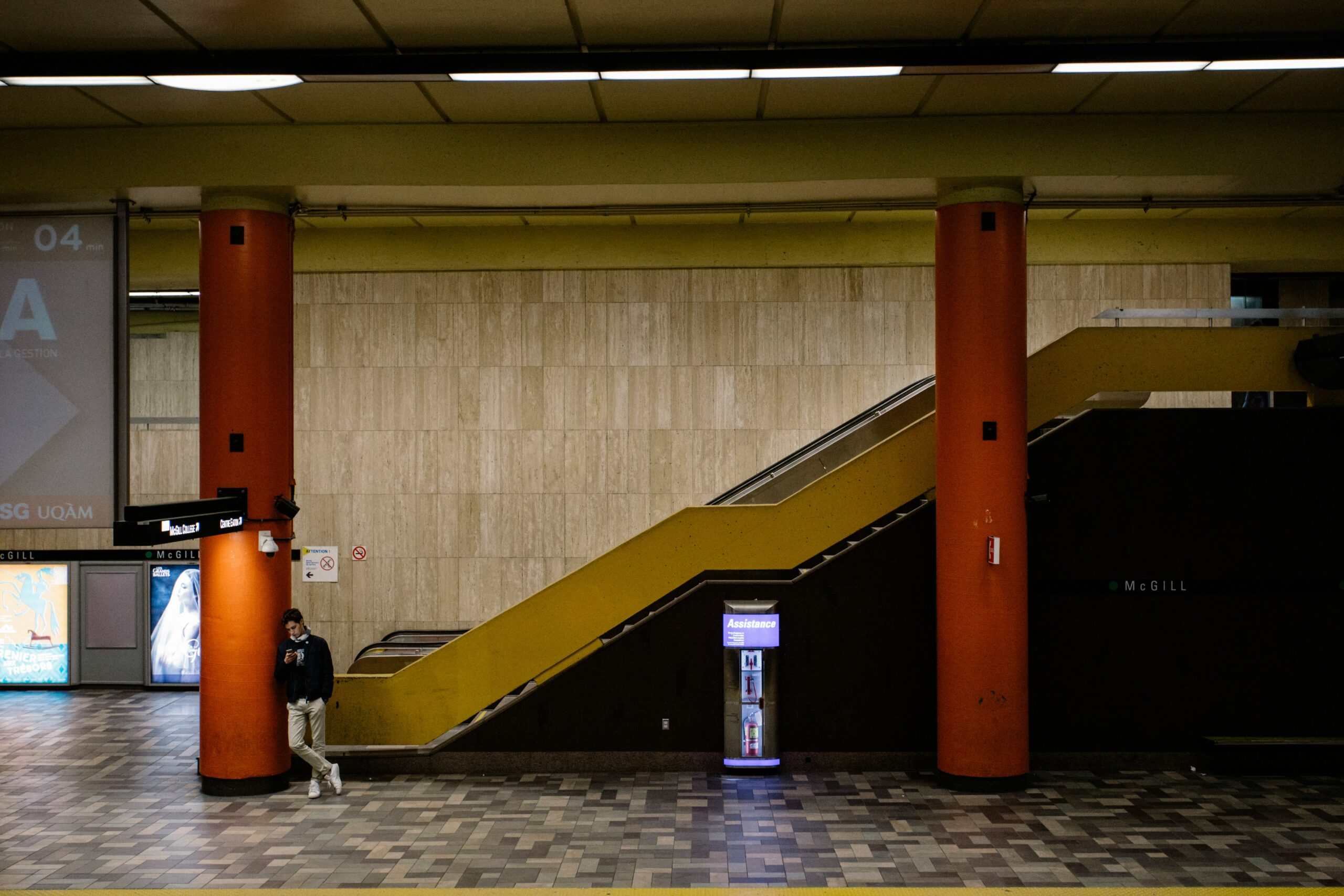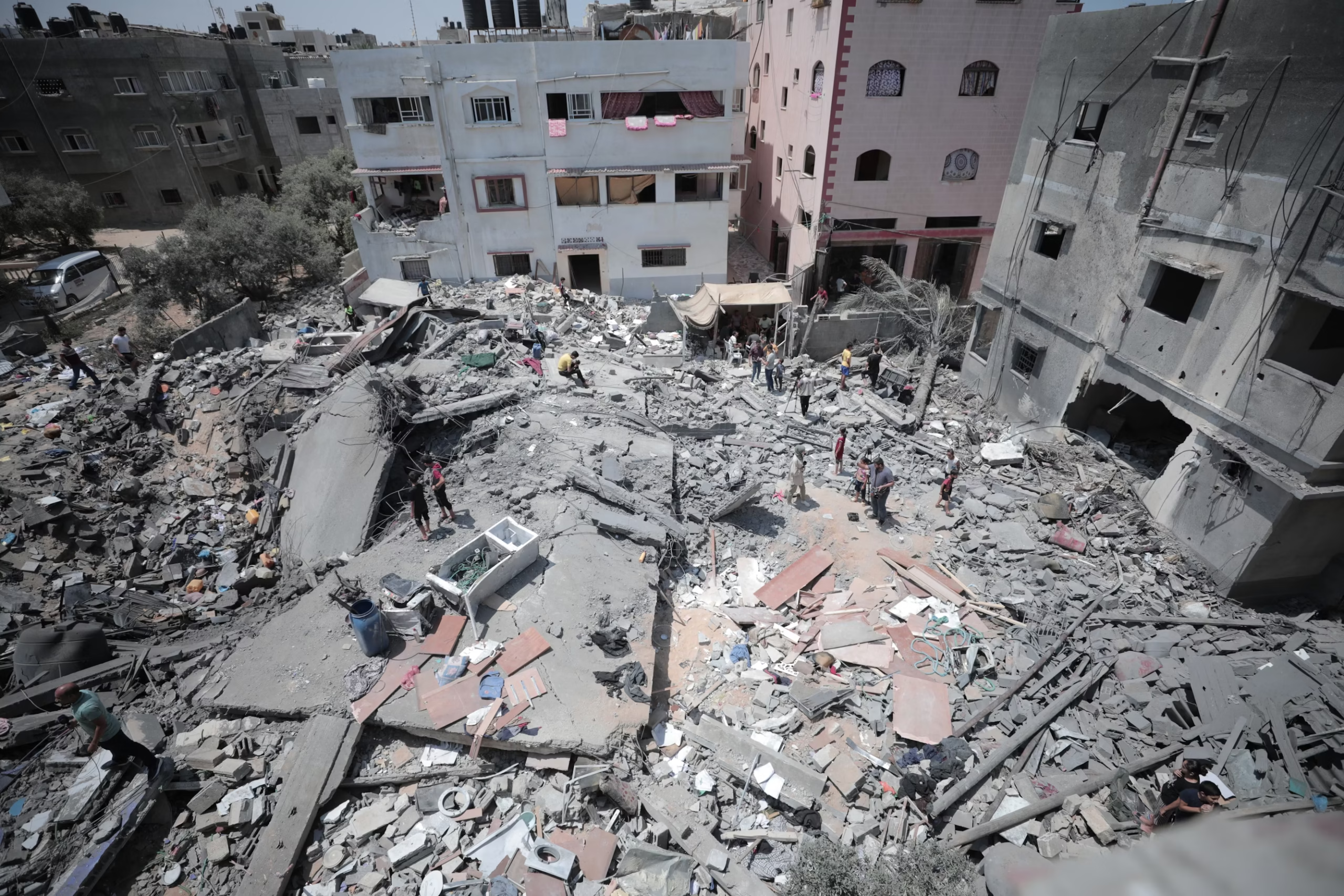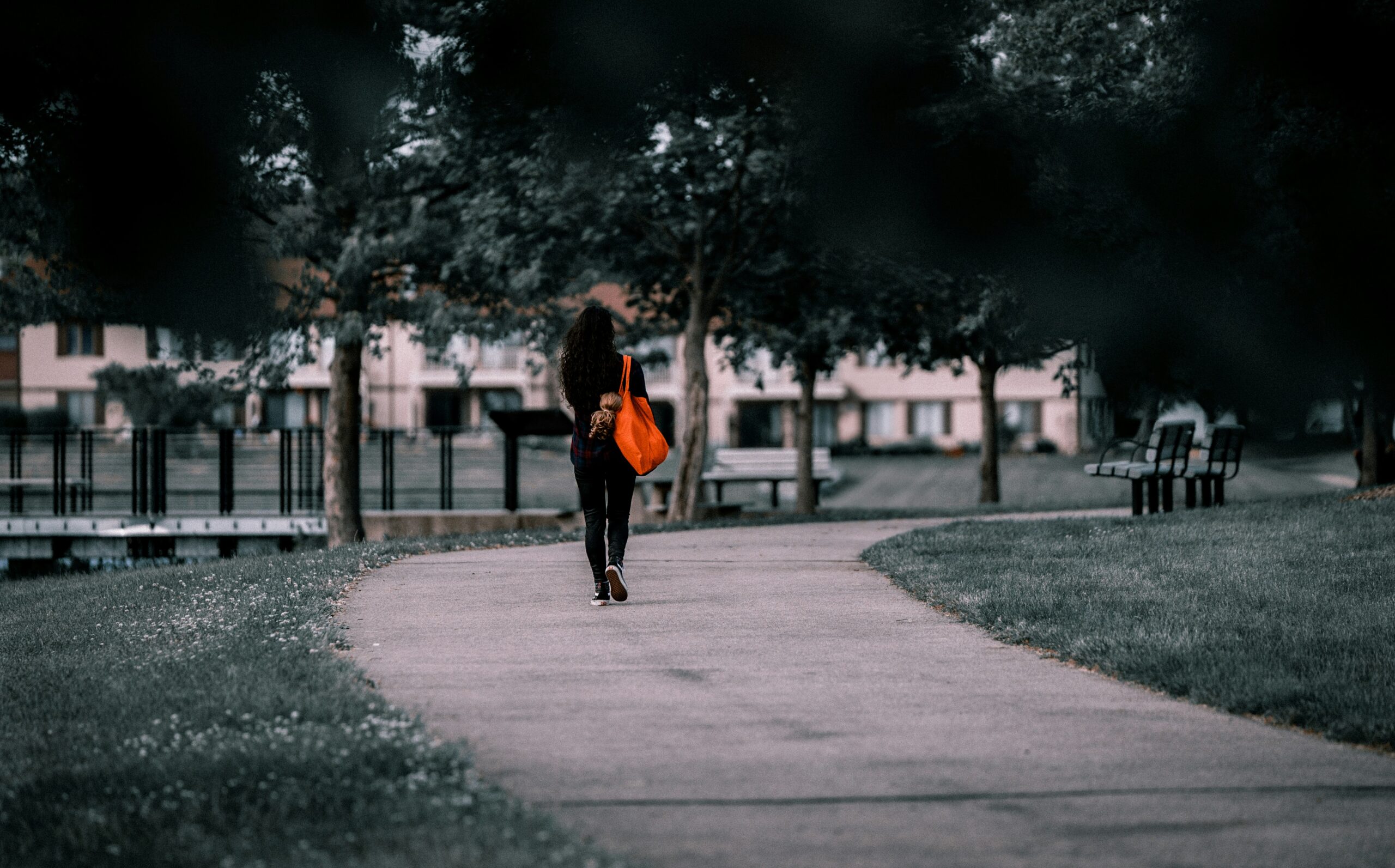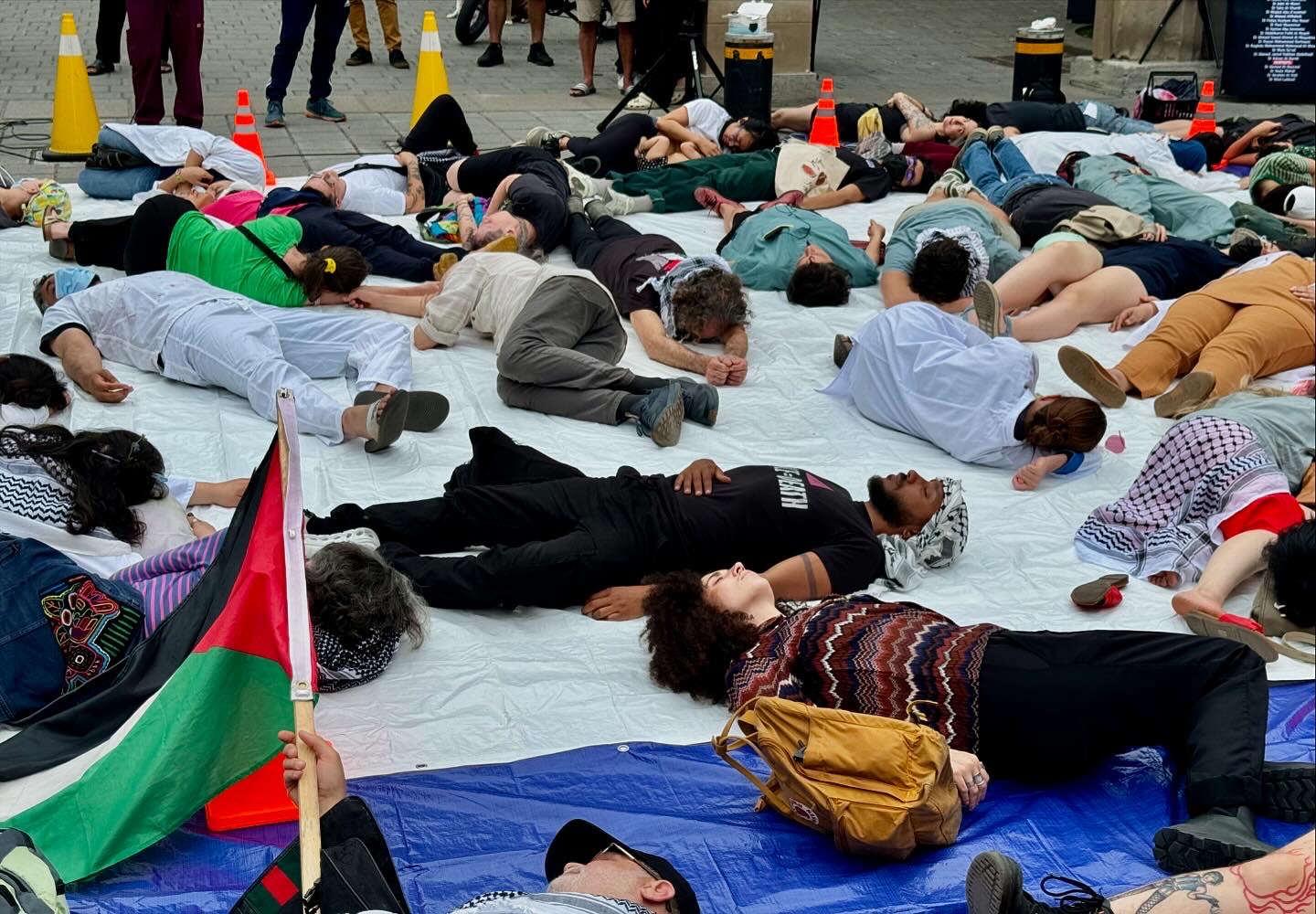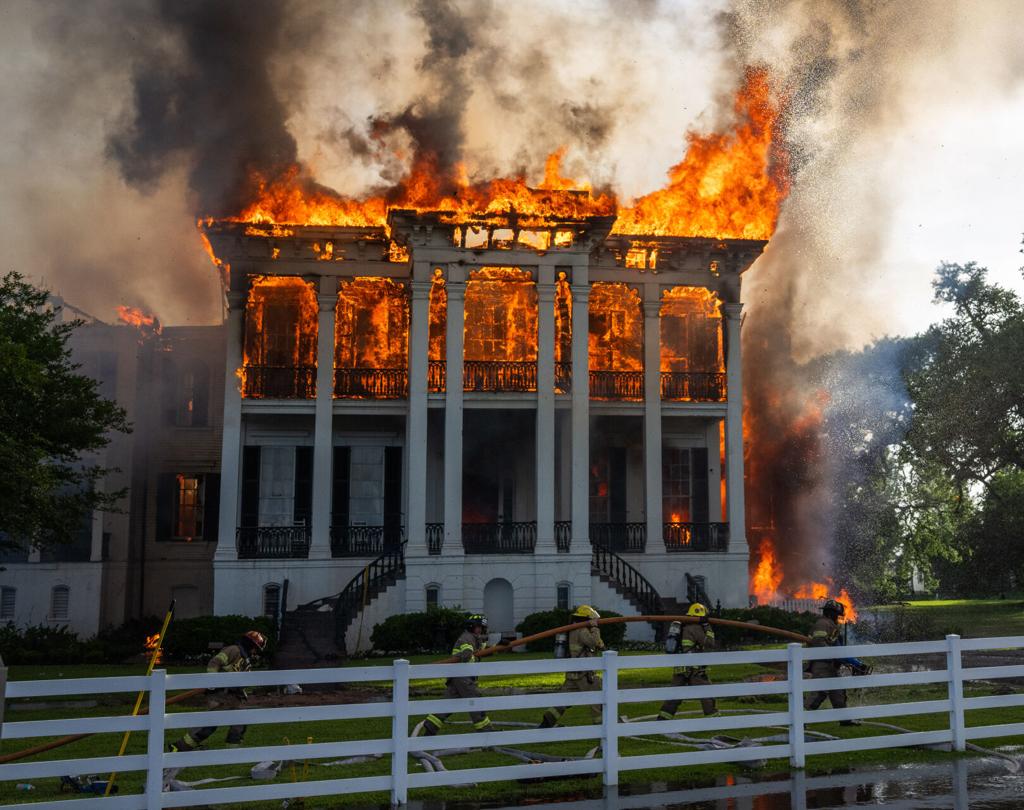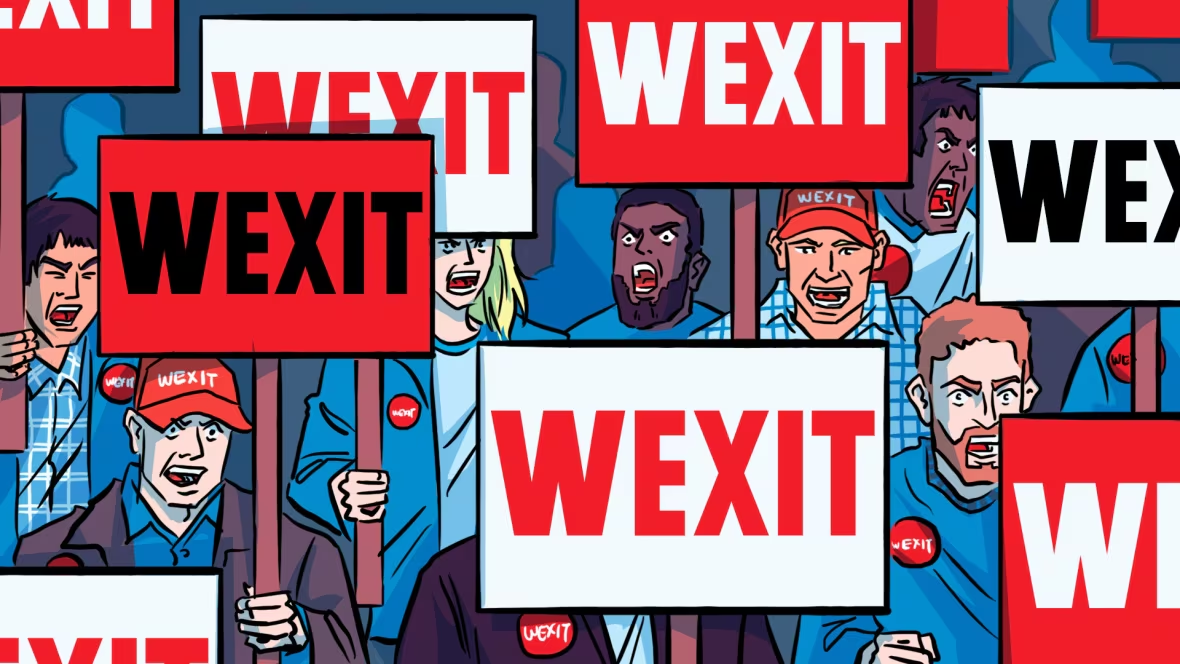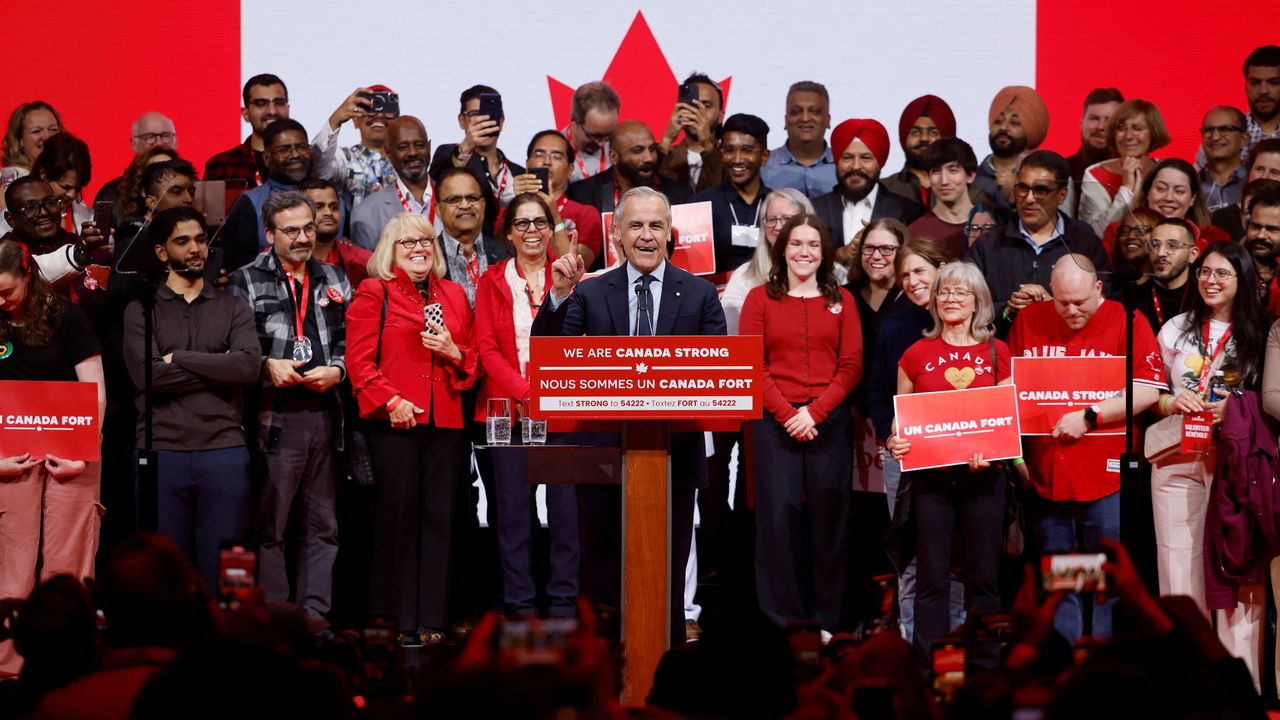My body has been the first place where things gather. A pressure sits in my back—a low bracing that has begun to feel structural, the kind of tightness that doesn’t shift with stretching or rest. It moves without ever fully leaving. Some days it settles between my shoulder blades; other days it spreads into my neck or rests heavily in my hips. The sensation is diffuse, hard to locate, yet immediately recognizable once it arrives. Everything feels slightly drawn inward, as if the body has deliberately narrowed its range.
The ache doesn’t spike. It remains steady, more background than signal. Muscles stay engaged even at rest, as if something still needs holding and hasn’t yet been set down. There’s a readiness in it, though nothing immediate is forming. I notice it most when I slow down. Sitting brings it into focus. Pausing sharpens it. When movement stops, the pressure moves forward and the body organizes itself around it. The sensation doesn’t ask for attention; it simply refuses to disappear.
Living this way has altered how I understand what’s been happening. The body feels occupied, involved in something ongoing—not injured, not malfunctioning, but engaged in sustained effort without a visible task. This is the place I’m writing from: a body compressed and alert at once, held together without a complete story yet for what that holding is preparing for.
A Quiet Overwhelm
Over time, it became clear this wasn’t random. The body was registering something before I had language for it. The tension built gradually, without a single moment to point to, accumulating over weeks and months and settling quietly rather than arriving all at once. What surprised me was the form this overwhelm took. There was little panic—no rush, no spike, no outward agitation. Instead, things slowed. Initiation became difficult. Small tasks grew dense. The body responded by becoming still, narrowing its range, holding position.
I would sit in front of my laptop with the lid open, the screen dimming itself while I stayed there, hands resting on the keyboard without moving.
This kind of stillness is easy to misread. From the outside, it can look like avoidance or delay. From the inside, it feels like containment. Energy pulls inward. Movement pauses. Output reduces. The system stays intact by limiting how much it releases at once. I began to recognize the pattern as it repeated. Each time something shifted—each time another layer of uncertainty entered—the body tightened slightly, not as protest but as stabilization, a way of staying upright, of keeping things from spilling.
There’s information in that response. An early warning that doesn’t speak in sentences. The body adjusts first, marking change through sensation and letting the holding register before the story catches up. Over time, this read less like pathology and more like pattern recognition: the body noticing accumulation and responding in the only way it knows how—by slowing down and staying in place until the next shape becomes clearer.
Loosening Frames
At the same time, several forms of scaffolding have been loosening—not abruptly, but through gradual unfastening, felt before it was fully understood. The PhD is coming to an end, along with a structure that has carried weight for a long time. Its timelines and rhythms organized my days and sense of direction. As that frame thins, the body seems to notice first. The absence registers as space, and space carries its own pressure.
The lease is ending too. The rooms I move through each day no longer feel fixed. Space has become provisional. The body responds by staying alert, keeping itself gathered. Even familiar corners take on a different texture when they’re no longer guaranteed. Beyond that, the next steps remain unformed. There isn’t a clear container waiting to take shape. This doesn’t arrive as a dramatic void. It appears as a background hum that keeps the body from fully settling.
All of this unfolds within a broader atmosphere that never quite recedes: political instability, escalating violence, systems coming undone. These conditions don’t remain outside personal life. They enter the body like weather, a constant barometric shift that makes everything heavier and harder to place. None of these shifts stands alone. They layer, overlap, and accumulate. The body holds the sum of them, adjusting quietly as the ground shifts underneath.
Where Things Stall
As these layers built, freeze began to appear in ordinary places, in small procedural moments. Initiating simple tasks took longer. Messages lingered unopened or half-drafted. Anything requiring sequencing or follow-through felt dense. Often the body reacted before thought finished forming. A screen would open and something in my back would tighten. An inbox would load and the body would brace. Lists and calendars brought on a full-body pause—immediate and physical—as if the system had already shifted gears.
Mail collected on the edge of the table, unopened, the same envelopes moved from one corner to another over several days.
Stillness became common. Movement narrowed. Energy pulled inward. Attention shortened. The effort to move from one small step to the next increased. The body organized itself around slowing down, especially where accumulation was highest—administrative tasks, ongoing correspondence, anything requiring continuity across time. Engagement reduced. Output thinned.
Seen closely, this freeze carried information. It mapped density. It marked where too many threads were being held at once. The system paused to stay intact until pressure eased enough to allow movement again. Over time, the stillness took on shape. It wasn’t empty. It occupied space. Muscles gathered around it. The pause held.
What Can Be Held
When several structures loosened at once, the body narrowed its field. When demands accumulated without clear edges, movement reduced. Fewer motions. Fewer decisions. The body stayed closer to itself. Engagement continued in some places and not others. Tasks requiring sustained attention stretched the system thin. The body responded by slowing initiation and working in short intervals.
The pause had boundaries. It wasn’t total or random. It clustered around sequences that extended forward without a clear end. The body adjusted its pace to what it could hold without spilling.
The narrowing had a threshold
Enough.
The Form No Longer Fits
The decision to end my private practice arrived through the body. It showed up as contraction, as effort that no longer redistributed. The work remained meaningful. The form no longer fit. Capacity and structure stopped aligning in a way the body could negotiate. I noticed it in the preparation it took, the recovery afterward, the back tightening before language did. The work demanded continuity across time.
And something in me would not go there again—not cleanly, not fully, not without paying a cost I could already feel.
The body responded by pulling inward, signaling a limit that didn’t soften with reassurance.
The decision wasn’t dramatic. It settled slowly through repetition. Each return to the question carried the same physical answer. There is grief here, low and steady—a grief for a form that once held something real, for relationships shaped through care, for a version of myself that lived inside that structure.
Responsibility remains. It appears in careful timing, in communication, in how endings are handled. The body still holds that weight even as the boundary is set. Ending the practice feels less like rupture than closure—a form laid down because it no longer matches what the body can sustain. Care remains. The limit remains. Both are held.
Work Beneath Stillness
What began to make sense was the compression itself—the narrowing, the inward pull, the body staying gathered. There’s logic in that compression. When a form is no longer viable, work turns inward. Systems reorganize without consulting the calendar. Energy reroutes. What once moved outward turns back toward center.
This phase doesn’t look spacious or restorative. It’s dense, pressurized, full of friction. Beneath the surface, the body works continuously—redistributing weight, testing configurations not yet named. From the outside, little changes. Movement slows. Output thins. Inside, everything remains active.
There’s no timeline attached to this work. The body stays in it as long as needed, reorganizing around what can be sustained next. This isn’t rest. It’s internal labor.
Care Finds Its Scale
As this reorganization continues, my relationship to care and obligation shifts. The body responds differently to what asks for attention. Some requests land cleanly. Others stall before reaching language. Care feels more precise now. It gathers around what can be met without strain. Long arcs of responsibility register as heavier as they extend forward.
Obligation has slowed. Urgency has thickened rather than intensified. Timing and pacing matter more. Commitment hasn’t disappeared; it has cooled. Energy collects before release. Attention stays closer to center, conserving what hasn’t finished forming.
This doesn’t feel like withdrawal. It feels like recalibration. Care finding a shape that matches capacity. Responsibility adjusting its scale. The body setting a tempo it can maintain. What I’m allowing arrives quietly: accompaniment without translation, delay without panic, unfinishedness without collapse. Messages wait. Tasks unfold over days. Threads remain open.
I’m allowing the body to set the pace, letting sensation determine when to move and when to stay still. I watch where effort gathers and where it drains. These allowances aren’t generous; they’re necessary. They create just enough room for the system to keep reorganizing without tearing.
Orientation
Where I am now feels specific. The compression remains. The pressure hasn’t lifted. The body stays alert, organized around holding. At the same time, there’s less confusion inside it. The sensations are familiar enough to be read. I move more slowly—not hesitantly, but attentively.
I walk the same short route most mornings, past the same trees and parked cars, noticing how often I stop without realizing it.
There’s steadiness here—not ease, but orientation. The body recognizes itself in this compression. It knows how to stay upright. I’m not waiting for resolution or trying to see past this moment. The present has texture: dense, close, manageable in small spans. The body stays with what’s here.
This feels like a place rather than a passage.
Arrival, for now, looks like remaining intact—staying in relationship with the body as it does this work, letting sensation lead without rushing it into meaning. Integrity lives here: in listening and pacing, in allowing form to change without demanding a finished outline. What comes next will arrive when it’s ready. For now, the work is contained in this holding. The body stays steady and attentive until the shape ahead becomes clearer.

